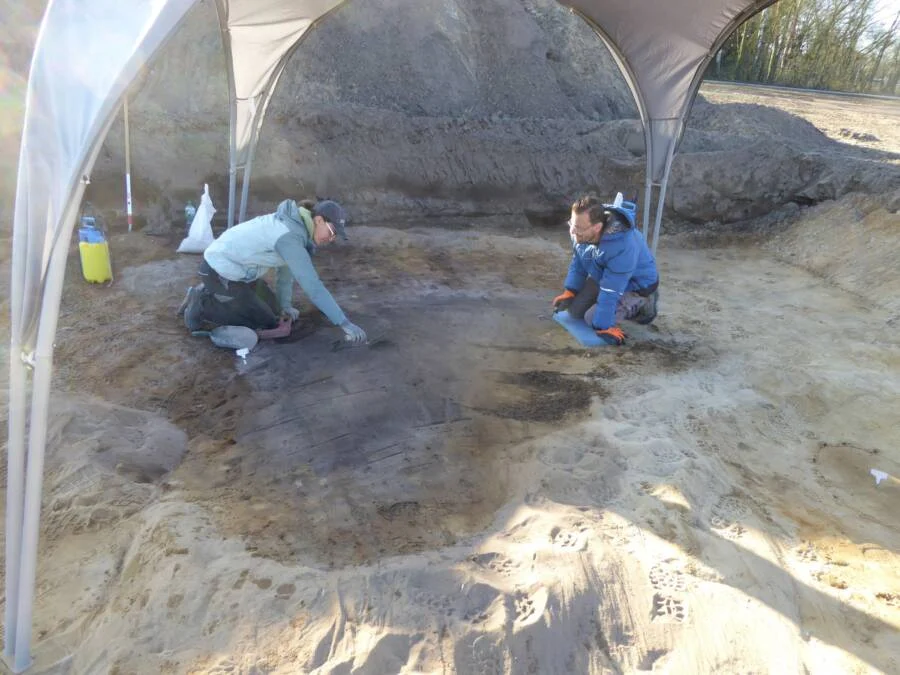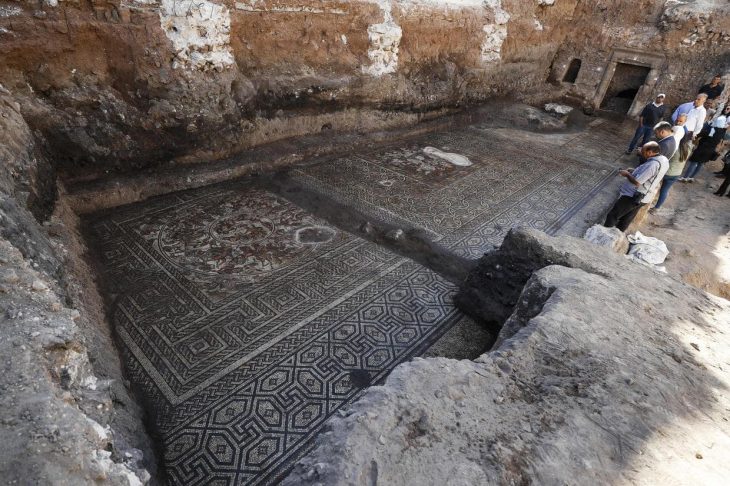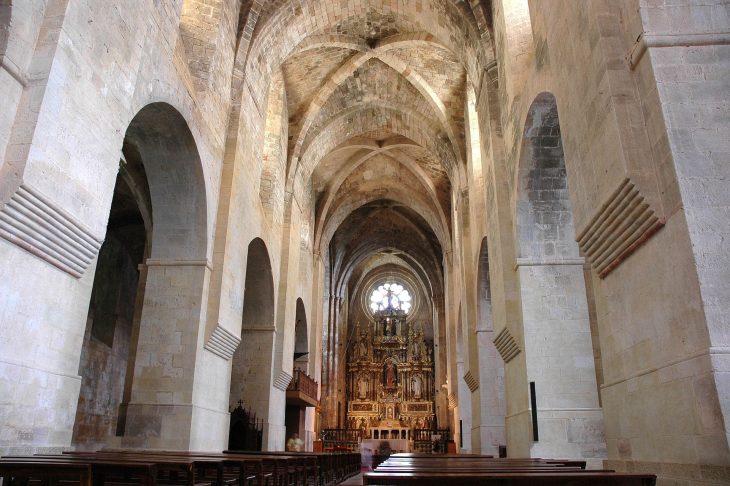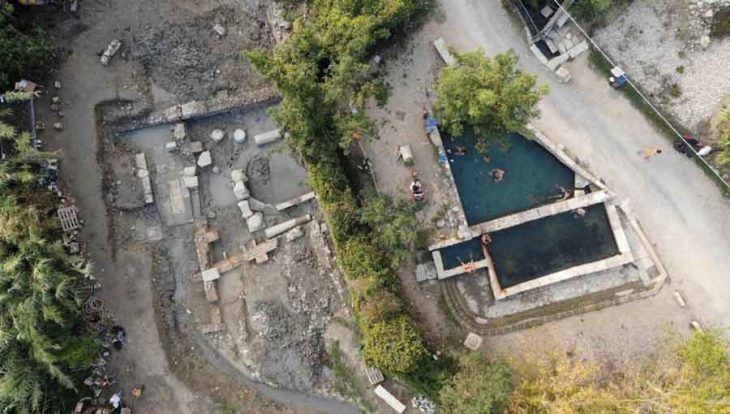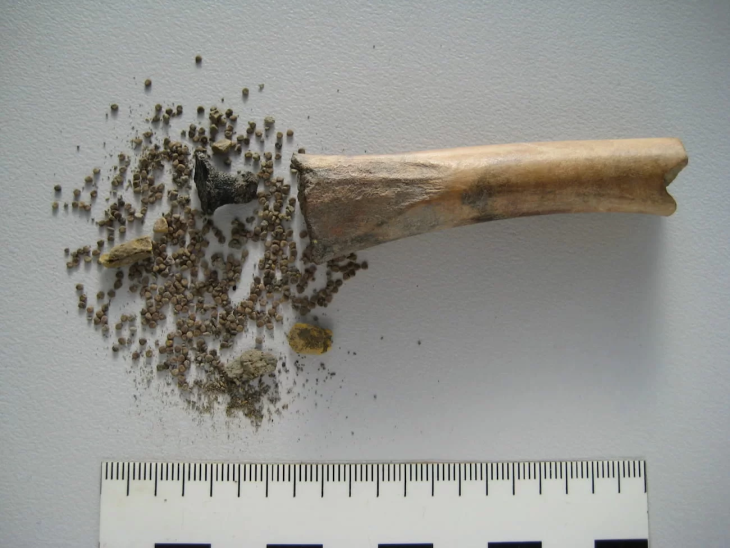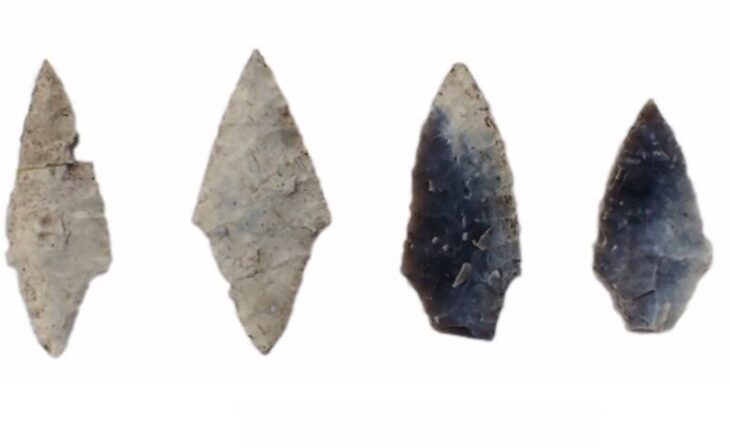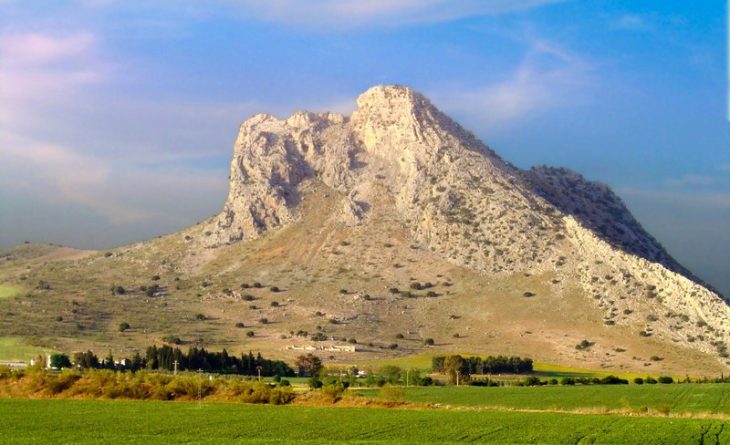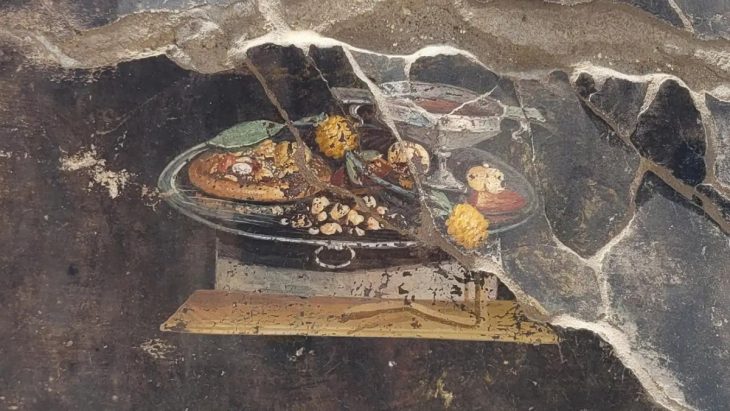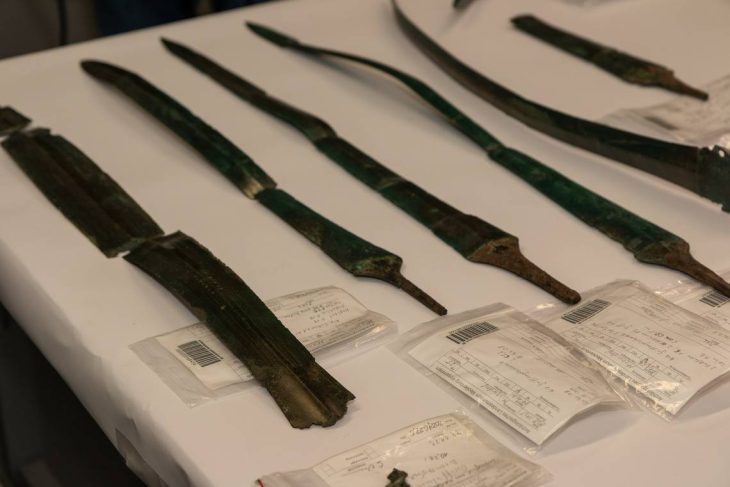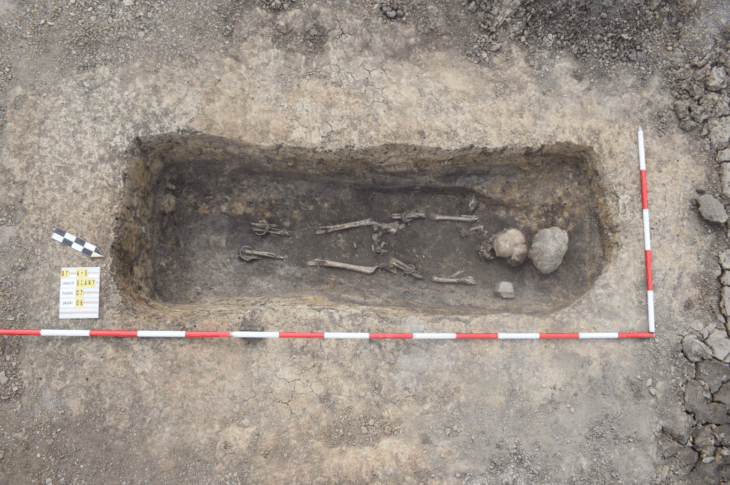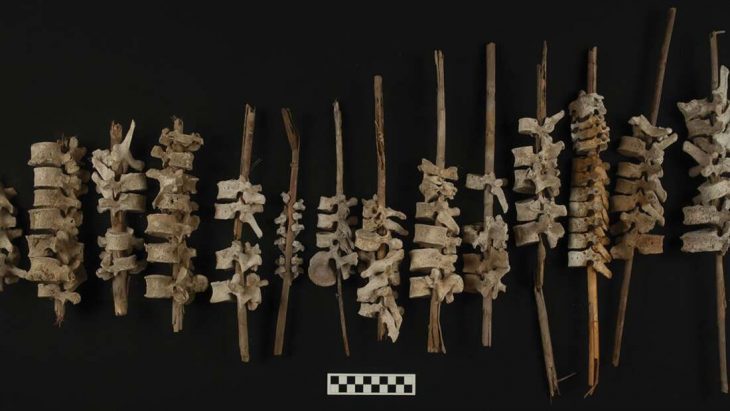Recent archaeological excavations in Delbrück-Bentfeld, located in northwestern Germany, have revealed significant evidence of a Roman settlement that existed beyond the borders of the Roman Empire. This discovery challenges previous assumptions about the extent of Roman influence in the region and highlights a complex interaction between Roman settlers and local populations.
The site, situated along the Lippe River and approximately 90 miles from the Limes Germanicus—the Roman frontier—was initially thought to be an isolated farmstead discovered in 2017. However, ongoing excavations led by the Regional Association of Westphalia-Lippe (LWL) have uncovered three distinct farmsteads, suggesting a much larger settlement that thrived between the 1st and 3rd centuries CE.
Among the notable findings is a residential building at the center of a large courtyard, with numerous post holes indicating its structure. Archaeologists have also identified a farmyard to the southwest, where a kiln containing traces of non-ferrous metal was found, hinting at possible jewelry production. This discovery underscores the economic activities that may have taken place in this remote settlement.
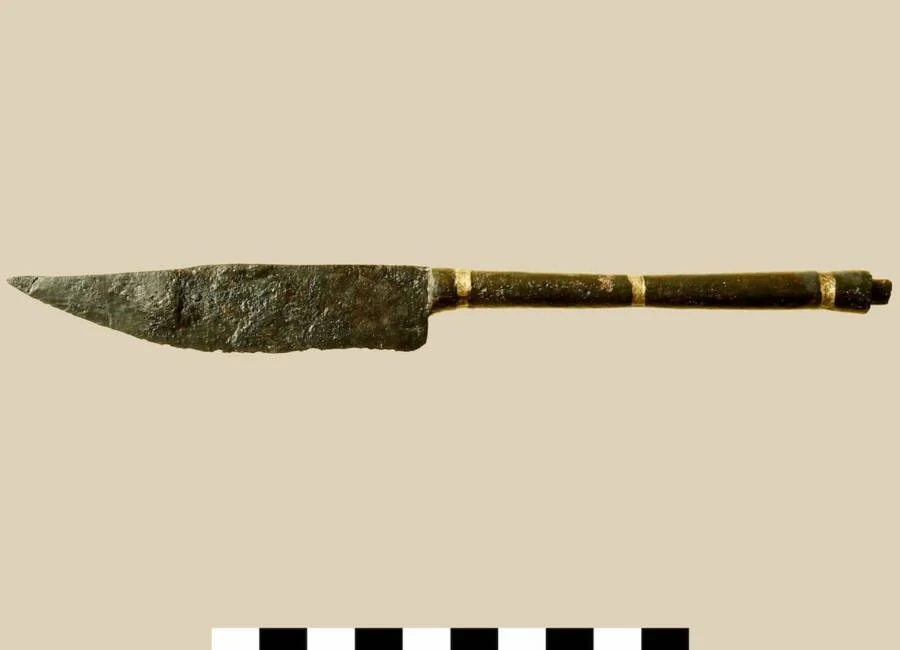
Dr. Sven Spiong, an archaeologist from the LWL Archaeology Centre, emphasized the importance of the artifacts unearthed during the excavations. Coins and ceramics found at the site will aid in dating the farmsteads, potentially clarifying whether they were occupied simultaneously or if they represented a single farmstead that shifted locations over time. The wooden construction methods of the period often necessitated the abandonment of decaying buildings, leading to the establishment of new structures nearby.
Among the intriguing artifacts discovered is a finely crafted cameo gemstone depicting Mercury, the Roman god of commerce and travel. Additionally, a well-preserved knife adorned with decorative brass stripes was found buried upright, possibly as part of a ritual offering to ward off evil.
📣 Our WhatsApp channel is now LIVE! Stay up-to-date with the latest news and updates, just click here to follow us on WhatsApp and never miss a thing!!
The findings in Delbrück-Bentfeld not only shed light on the daily lives of the Romans who settled in this area but also illustrate the cultural exchanges that occurred between the Romans and the indigenous populations. The presence of Roman coins and ceramics, alongside local artifacts, suggests a blending of cultures that enriched the region’s history.
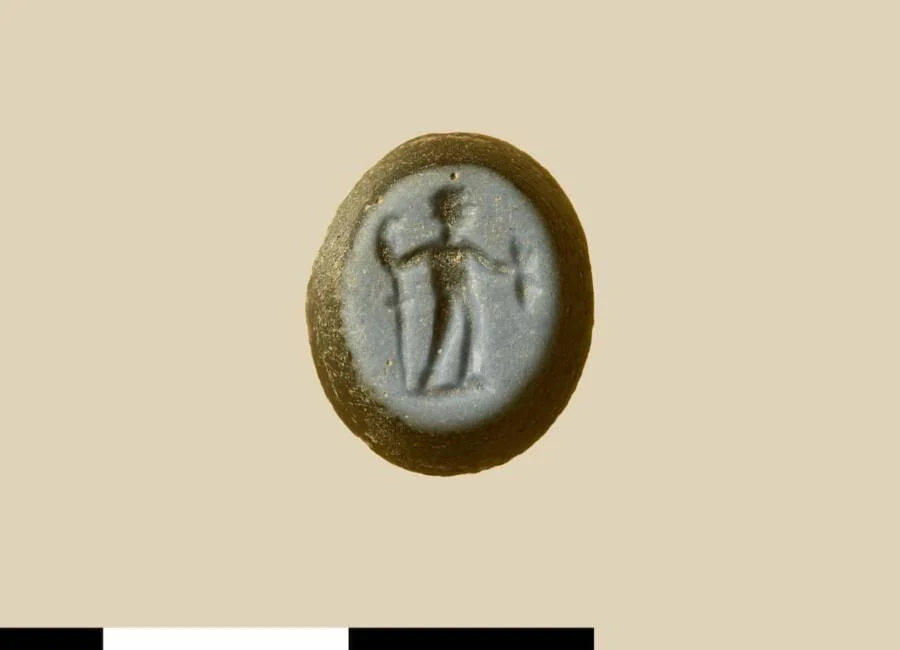
Local officials, including Delbrück’s mayor, Werner Peitz, have expressed excitement over the discoveries, noting their significance in understanding the past. “These archaeological excavations provide us with a unique glimpse into the past. Every find preserves a piece of history for future generations and brings us closer to the world of our ancestors,” Peitz stated.
As excavations continue, researchers are eager to uncover more about this Roman settlement and its role in the broader narrative of Roman expansion and cultural integration in Germania. The ongoing work promises to reveal further insights into the lives of those who inhabited this remote outpost of the Roman Empire, enriching our understanding of ancient history.
Regional Association of Westphalia-Lippe
Cover Image Crediit: Archaeologists excavating a pit at a Roman farmstead in Delbrück-Bentfeld, Germany. S. Spiong/LWL

